Iraq crisis: US to send 'military advisers'
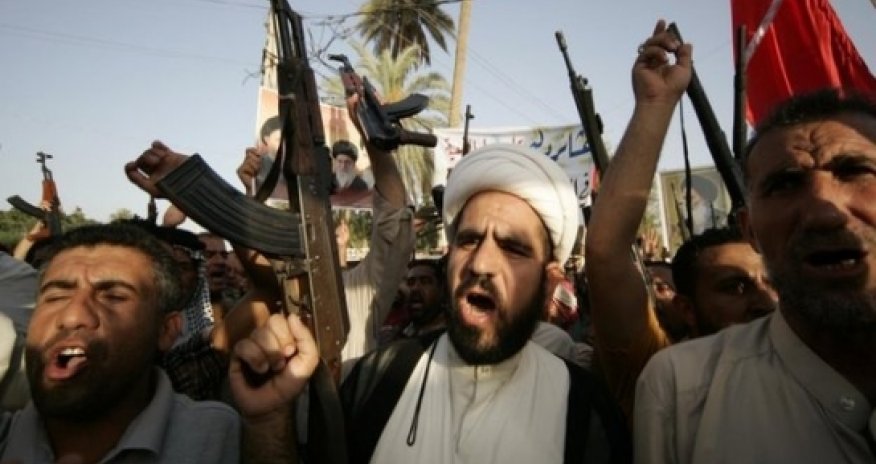
President Barack Obama says the US will send 300 military advisers to Iraq to help fight Islamist-led insurgents.Mr Obama said the US was prepared for "targeted and precise military action, if and when" required, but added that US troops would not fight in Iraq.He insisted there was "no military solution" and urged the Shia-led Iraqi government to be "inclusive".US Secretary of State Kerry is expected to travel to Iraq soon to press for a more representative cabinet.Iraq has asked the US for air strikes against the Sunni militants - spearheaded by the jihadist Islamic State of Iraq and the Levant (ISIS) - who have made major territorial gains in the past 10 days.President Barack Obama says the US will send 300 military advisers to Iraq to help fight Islamist-led insurgents.Mr Obama said the US was prepared for "targeted and precise military action, if and when" required, but added that US troops would not fight in Iraq.He insisted there was "no military solution" and urged the Shia-led Iraqi government to be "inclusive".US Secretary of State Kerry is expected to travel to Iraq soon to press for a more representative cabinet.Iraq has asked the US for air strikes against the Sunni militants - spearheaded by the jihadist Islamic State of Iraq and the Levant (ISIS) - who have made major territorial gains in the past 10 days.Mr Obama said it was not the US's place to choose Iraq's leaders.That may be seen as a veiled criticism of Prime Minister Nouri Maliki, who has been accused of anti-Sunni policies which have helped inflame unrest, correspondents say."The United States will not pursue military actions that support one sect inside of Iraq at the expense of another," Mr Obama said.In addition to sending advisers, Mr Obama said that the US would be increasing intelligence efforts and setting up "joint operation centres in Baghdad and northern Iraq, to share intelligence and co-ordinate planning".Thousands of Shia from southern Iraq have volunteered to help the Iraqi army.Shia militiamen have been sent to assist in the defence of the capital of Diyala province, which has effectively become a frontline, and the nearby city of Samarra, site of a major Shia shrine.On Wednesday, the chairman of the US Joint Chiefs of Staff, Gen Martin Dempsey, warned that the US military still lacked sufficient intelligence to take action. He told a congressional hearing that pilots would have difficulty knowing who they were attacking from the air.Iraq's sectarian splitSunnis and Shia share fundamental beliefs, but differ in doctrine, ritual, law, theology and religious organisationThe origins of the split lie in a dispute over who should have succeeded the Prophet Muhammad as leader of the Muslim communitySunnis are the majority sect in the Muslim world, but Shia, most of them ethnic Arabs, form between 60% and 65% of Iraq's population; Sunnis make up 32-37%, split between Arabs and KurdsSunni Arabs dominated Iraq under Saddam Hussein and their persecution of the Shia stoked sectarian tensions; the US-led invasion in 2003 gave the Shia an opportunity to seek redressNouri Maliki has been accused of denying Sunni Arabs meaningful representation and pursuing security policies that target themPanic buying fuelMr Obama's statement came after a day in which fighting continued for control of the country's biggest oil refinery.Officials insisted security forces were "in full control" of the Baiji refinery, about 200km (130 miles) north of the capital Baghdad. But militants led by ISIS have surrounded the facility.For several days, production has been halted at Baiji, which supplies much of the country's domestic fuel.The shutdown has sparked panic buying in northern regions, with long queues at petrol stations in Iraqi Kurdistan, the BBC's Jim Muir reports from Irbil.ISIS grew out of an al-Qaeda-linked organisation in IraqEstimated 10,000 fighters in Iraq and SyriaJoined in its offensives by other Sunni militant groups, including Saddam-era officers and soldiers, and disaffected Sunni tribal fightersExploits standoff between Iraqi government and the minority Sunni Arab community, which complains that Shia Prime Minister Nouri Maliki is monopolising powerISIS led by Abu Bakr al-Baghdadi, an obscure figure regarded as a battlefield commander and tactician(BBC)Bakudaily.az
Similar news
Similar news
Latest news 
More news 
























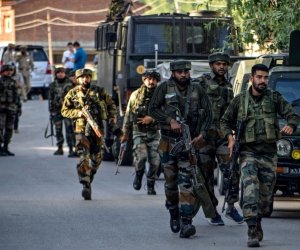
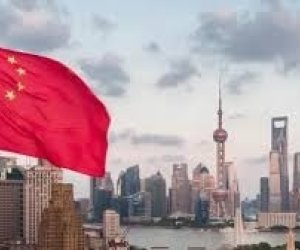
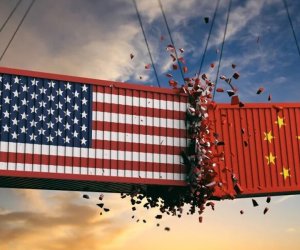
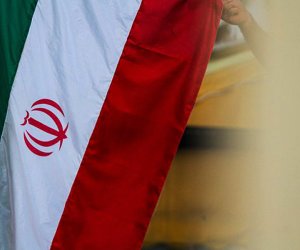
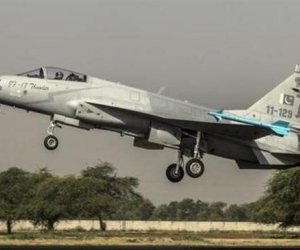
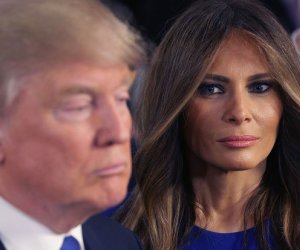
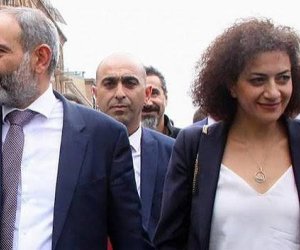
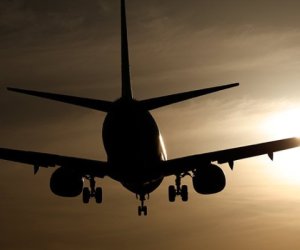
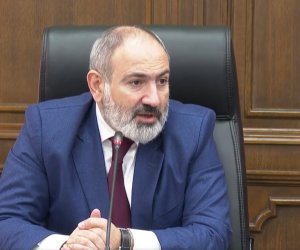


 Photo
Photo 



 Video
Video 

